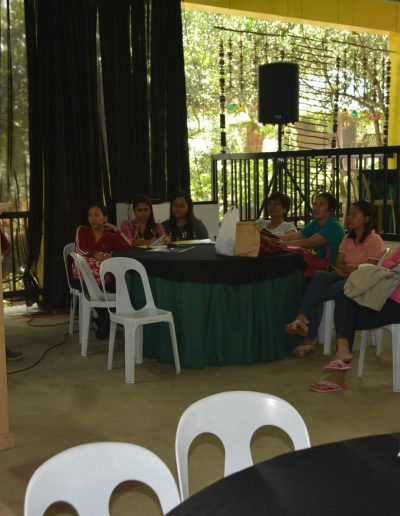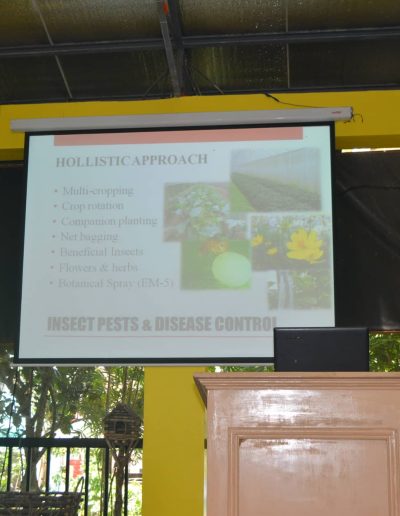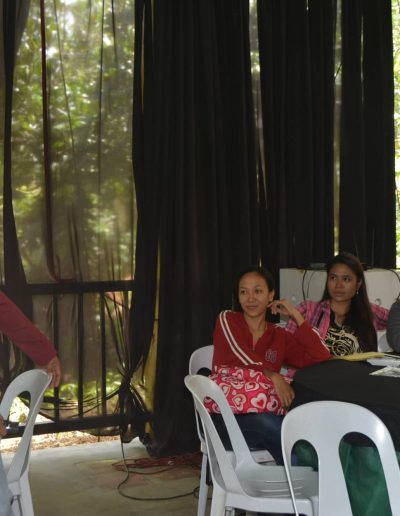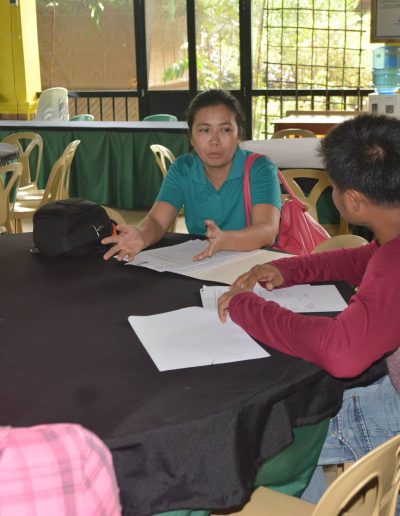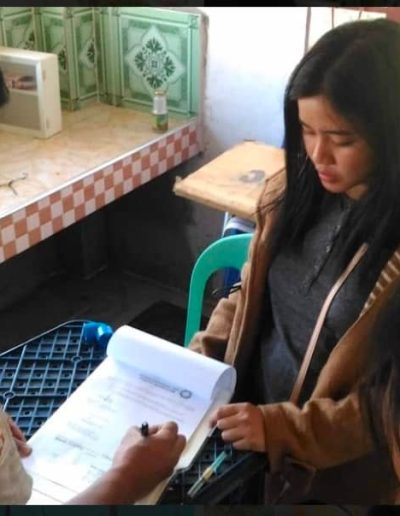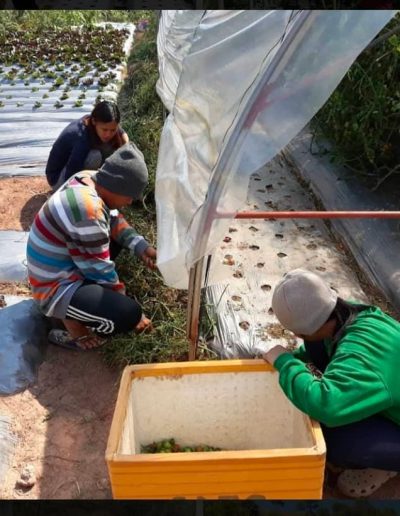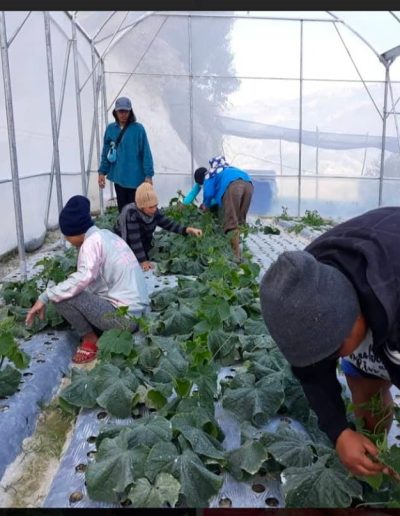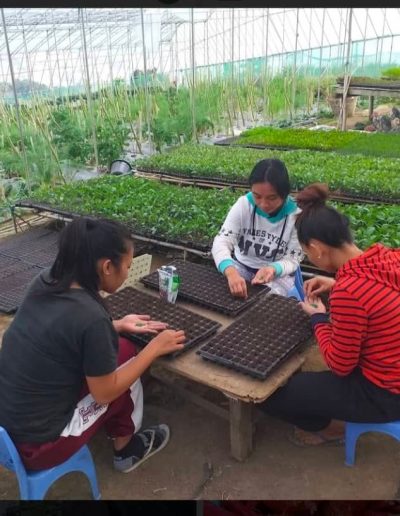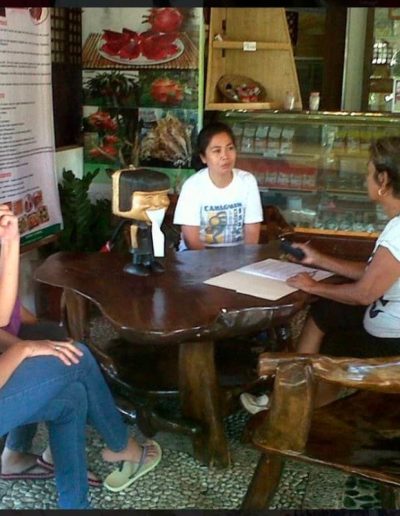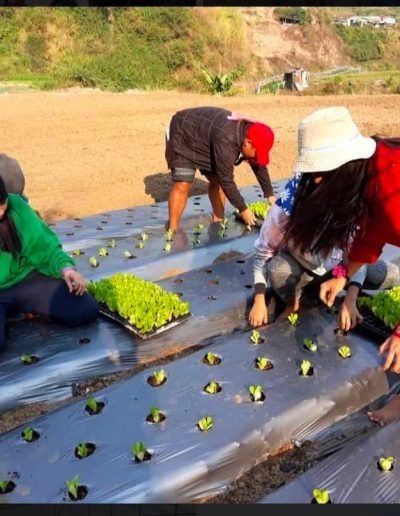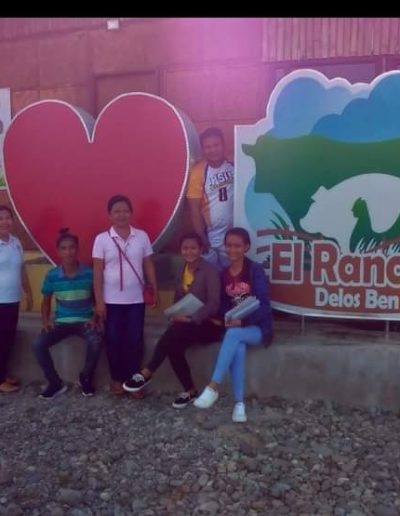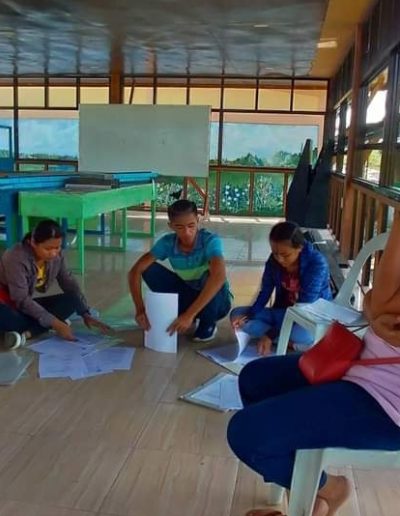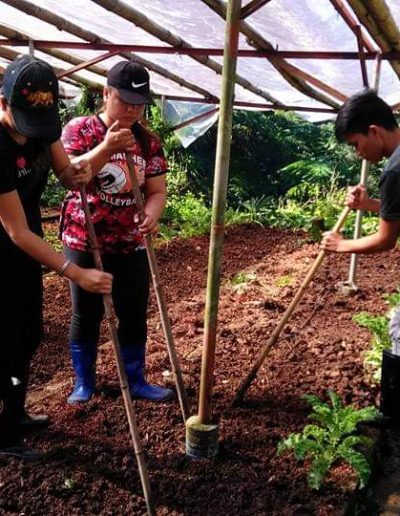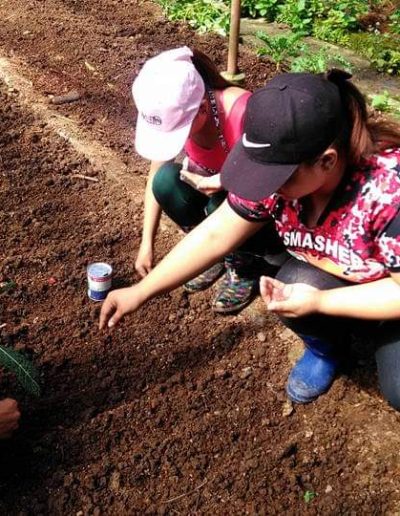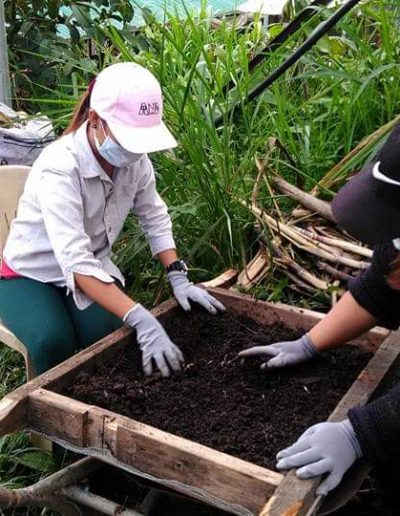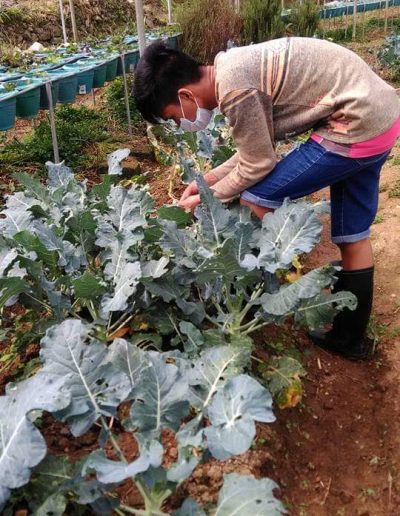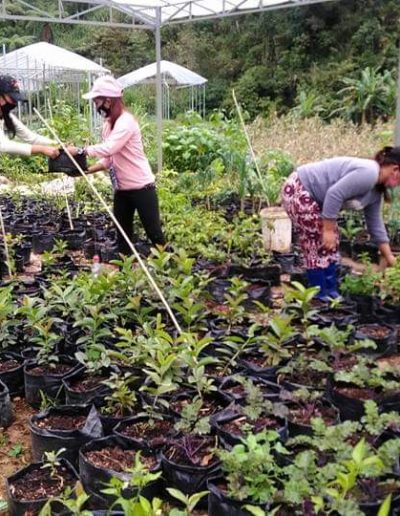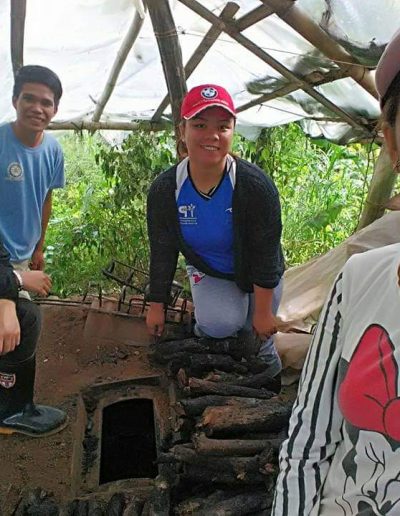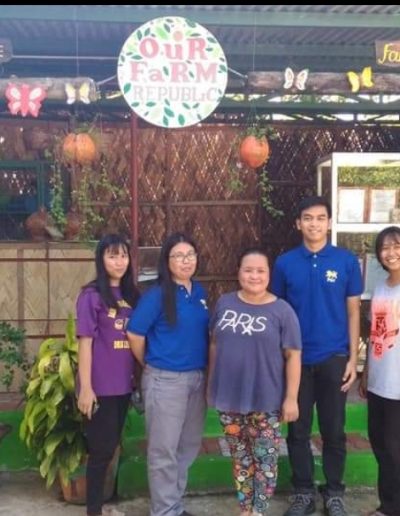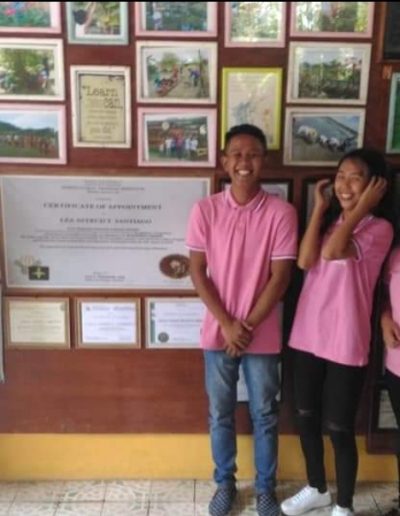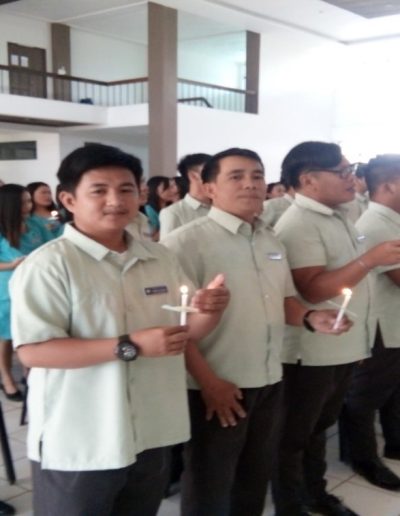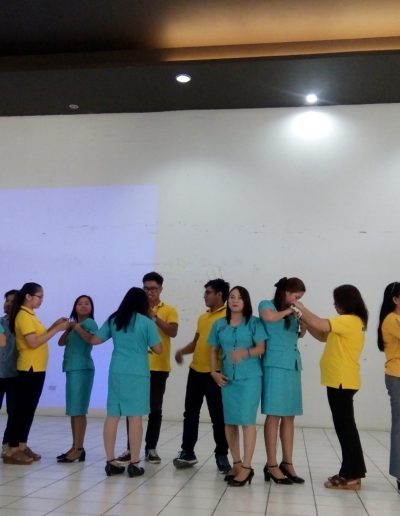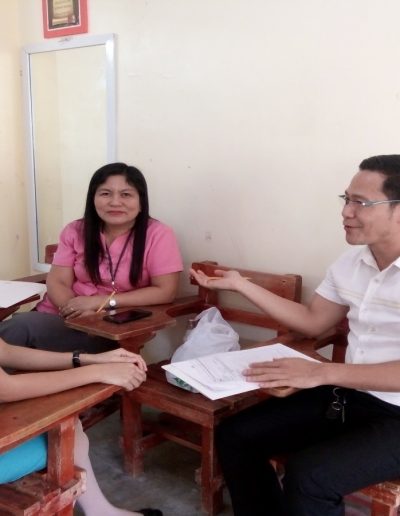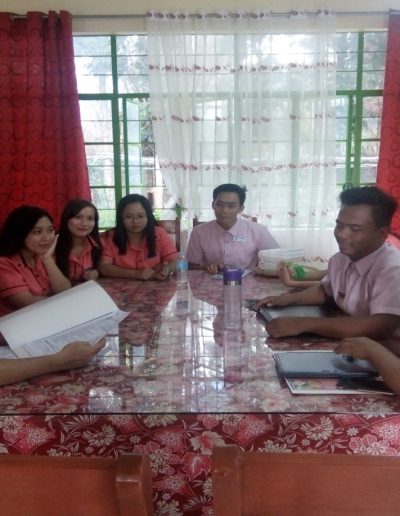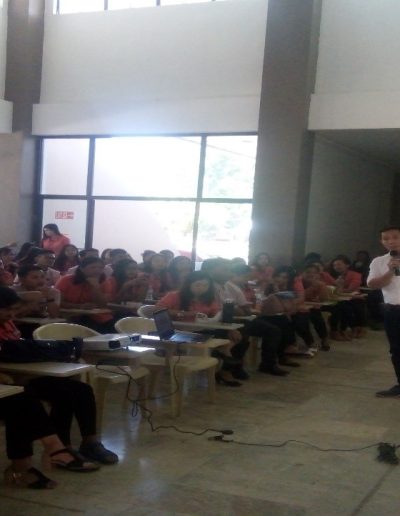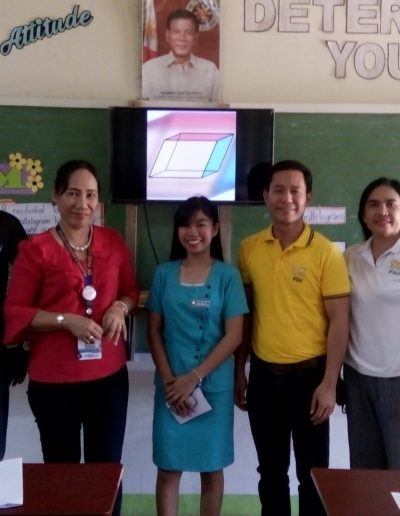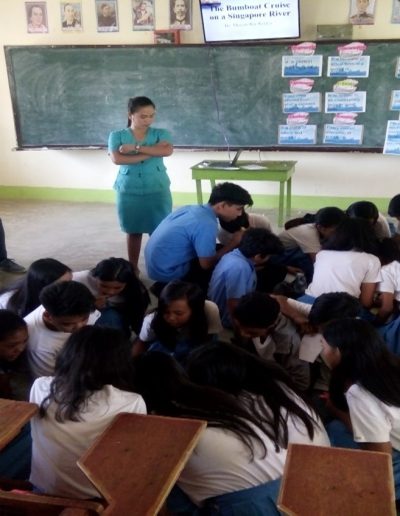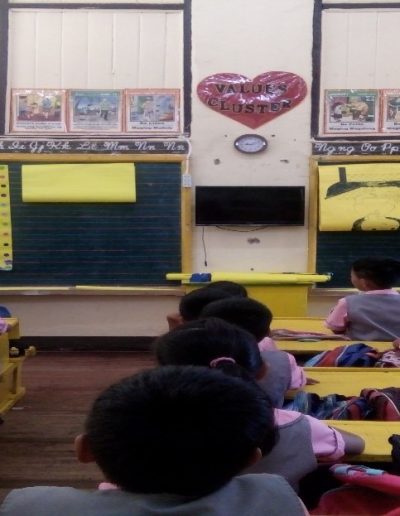OJT & Internship
College of Agriculture’s Student Internship Program
Student Internship Program of Pangasinan State University is a course requirement providing an opportunity not only to apply the theories, principles, and ideas learned in the academe but also to enhance the technical knowledge, skills, and attitudes of students towards work necessary for satisfactory job performance. It also serves as a venue where students earn experience in career positions relevant to their choice of academic degrees as well as open up other future choices toward gainful employment.
The Student Internship Program envisions helping the students reach their optimum growth and development in their chosen endeavor. Here, the students are given the opportunity to experience the real setting of the industry and the authentic learning that is essential to becoming a competitive professional (Internship Manual).
It is for this reason that the Pangasinan State University Sta. Maria Campus offers the Internship Program as a part of the curriculum in some courses, particularly in Agriculture. The program is offered mid-year for BS-Agriculture students and BS-Agricultural and Biosystems Engineering and the second semester for BS-Agribusiness Management students. Students are given the opportunity to experience the real settings in a workplace to develop their skills, work attitude, and work ethics in their chosen field. They work and deal with other people within the company or organization, thereby developing their human interrelationship.
Students were deployed in private or public agencies with corresponding MAO and other pertinent documents. Prior to their deployment, such documents were properly accomplished. The personnel in charge conducts orientation before deployment to ensure understanding of the students’ expectations of the internship.
Students need to complete the required number of hours indicated in their curriculum, which is 240 hours for BSA and BSABE and 480 hours for BSABM.
Students were monitored by the assigned faculty three to four times within the training duration, depending on the location.
Students were required to present their narrative report with documentation to the subject teacher, coordinator, department chairman, college dean, and a representative from the host agency. After the presentation, copies of the narrative report were given/submitted to the Internship office.
College of Teacher Education Internship Program

